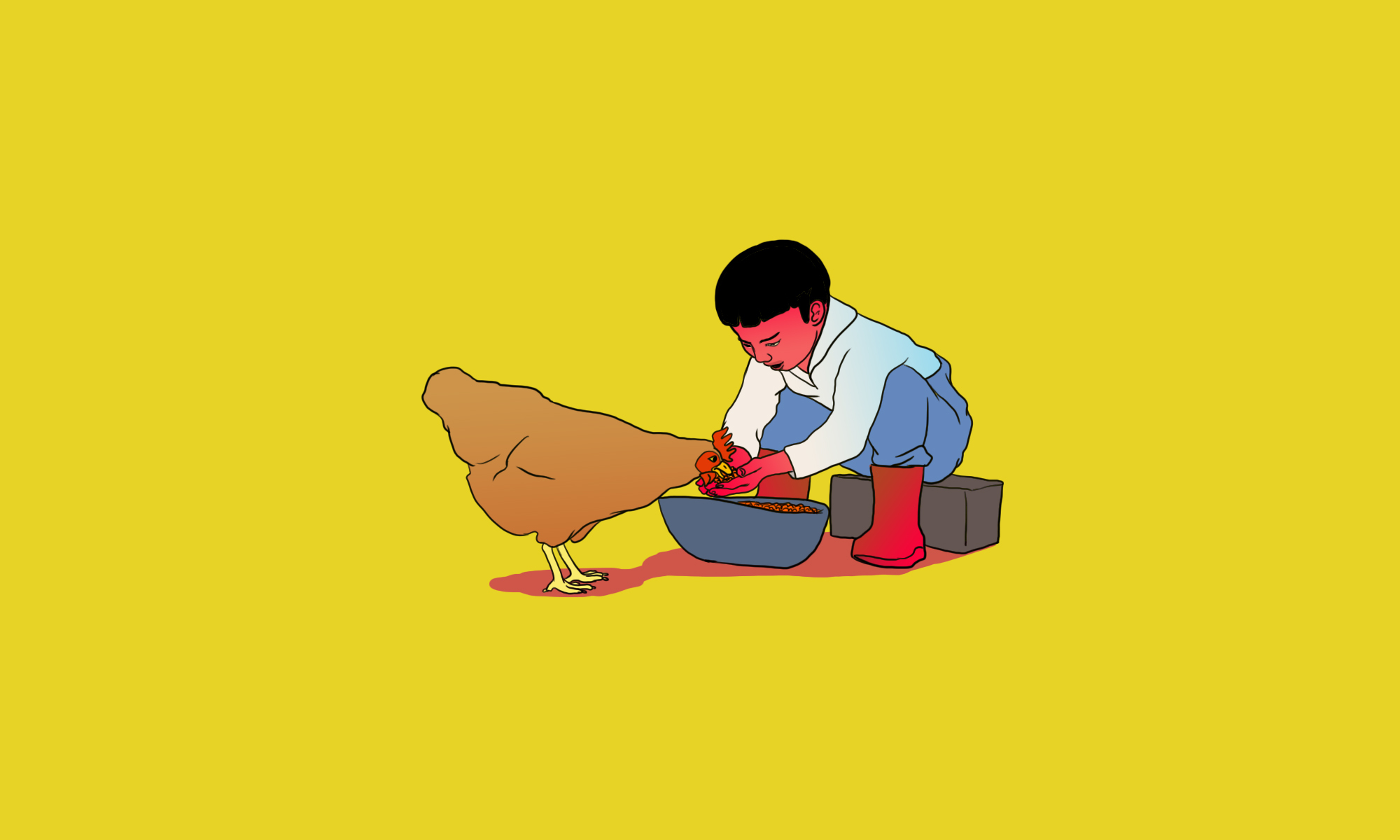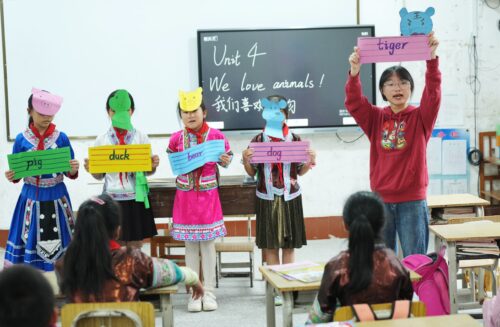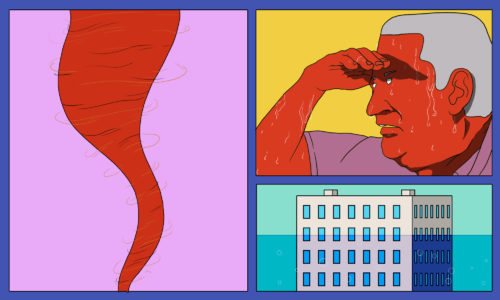Teenagers learn to fix air conditioners and cook as China pushes vocational education
According to the education ministry, kids need to get a whole lot better at cleaning, cooking, and agricultural labor. But middle-class parents are worried that this vocational emphasis in school will hamper their children’s career prospects.

Chinese schools have been instructed to spend more time teaching so-called “life skills,” such as cleaning, tidying, looking after animals, and even fixing broken automobiles.
The move is part of a nationwide campaign by Xí Jìnpíng 习近平 to promote national self-sufficiency. The government also aims to reduce the amount of time children spend on homework and studying at cram schools.
Jiāng Xuéqín 江学勤, a Beijing-based writer and educator, spoke to The China Project about the politics underlying the policy. He says it is driven by the ideology of Xi Jinping. “Under his leadership, the CCP is using education as a tool to push toward a fundamental goal of self-sufficiency and in China, the best way to win hearts and minds is through education,” says Jiang.
Clean your room and fix the car!
The Life Skills Curriculum Standards for Compulsory Education (义务教育劳动课程标准) was introduced in September 2022. Learning goals are based on various school stages. Grade 6 students aged 11 to 12, for example, should be able to clean their rooms, while Grade 9 students aged 14 to 15 should have learned simple air conditioner repair. By the age of 16, students should know how to carry out basic repair of automobiles.
In Chongqing Municipality in southwestern China, there is an emphasis on farming and agriculture. A website that contains news from the region called Ichongqing.info explains that junior high school students gain experience on local farms, learning how to plant seeds, breed small animals, and manage a paddy field.
A parent whose child is a student at Jinzhou Primary School, told the website that she welcomed the move because her family has lived in a city for a long time, so her child rarely had access to farming.
In his interview with the China Project, Jiang Xueqin said, “Xi Jinping wants to reform China’s education system so that it produces students who turn inward and contribute to the homeland. He does not want schools to simply churn out students who plan to take their skills abroad. Xi wants students who are self-sufficient on an individual level, and so on a wider scale, can promote national self-sufficiency.”
The emphasis on learning practical and vocational skills is reminiscent of previous periods in China’s recent history. When Xi went to Tsinghua University in 1974, he participated in a life skills curriculum, spending time working in the fields, planting trees, and cooking his own dinner.
“From Xi’s perspective, this was great, because he wasn’t indoctrinated with silly romantic Western ideas. His education turned him into a vibrant, dynamic, creative individual. He must be thinking, ‘Why shouldn’t everyone experience that?’” says Jiang.
Transforming weak, useless students?
The plan has prompted a lively debate online and has been among the top trending issues on popular Chinese social network Sina Weibo, attracting more than 300 million views since September.
“This reminds me of my life skills class in primary school. I learned to make dumplings and do simple needlework,” one Weibo user commented. “It’s a super-good memory of my childhood.”
“These will be lifelong skills for these kids, helping them develop into well-rounded individuals, not just students who are able to take exams,” said another netizen, according Global Times, a state newspaper.
Jiang Xueqin, whose work in Chinese schools has specialized in education reform, says that life skills emphasize productivity, independence, and diligence — values that some Chinese Communist Party (CCP) members believe the current education system in China is lacking.
“Xi thinks the current education system is producing weak, useless students,” he says.
An unequal society
In Jiang’s view, the current emphasis on the life skills curriculum is best understood in the context of the country’s development over the past 20 years.
He explained that for most of the last four decades, China’s government has aspired to build a world-class educational system with a focus on creativity and innovation on a par with Western schools. This was seen as an essential way to participate in the global economy. Jiang believes these efforts were well intentioned, bit they have in some ways failed, because they did not reflect the way Chinese society has functioned historically.
Jiang believes China’s engagement with the global capitalist order has produced a high-growth but imbalanced economy plagued by pollution, indebtedness, and inequity. He believes the inequality has been exacerbated by an education doctrine that has created a surplus of white-collar workers but left a shortage of skilled laborers. The resulting stratification has led to social unrest and spurred reforms.
Anxious parents
However, the Ministry of Education’s new approach has caused anxiety among some middle-class Chinese parents who fear the reforms may impede their children’s ability to advance professionally and secure good jobs. Vocational training matches another policy known as a “double reduction” policy, which aims to reduce homework and time spent on extracurricular classes or after-school private tutoring. But ambitious parents who have the means to pay for tutoring worry that their children will suffer.
Many large Chinese cities have adopted a goal of having only 50% of children attend academic high schools, with the other 50% taking lessons in vocational institutions. Some parents have tried to steer their children away from the vocational track by sending their children to private schools, but this has become increasingly difficult with the “double reduction policy” and tje related government crackdown on tutoring and private education.
“China is obsessed with education,” says Jiang, noting that the CCP has complete control over the Ministry of Education. The Party “does not differentiate between ideology and education; education is indoctrination. The education system, therefore, serves as the perfect vehicle through which to implement reform.”





